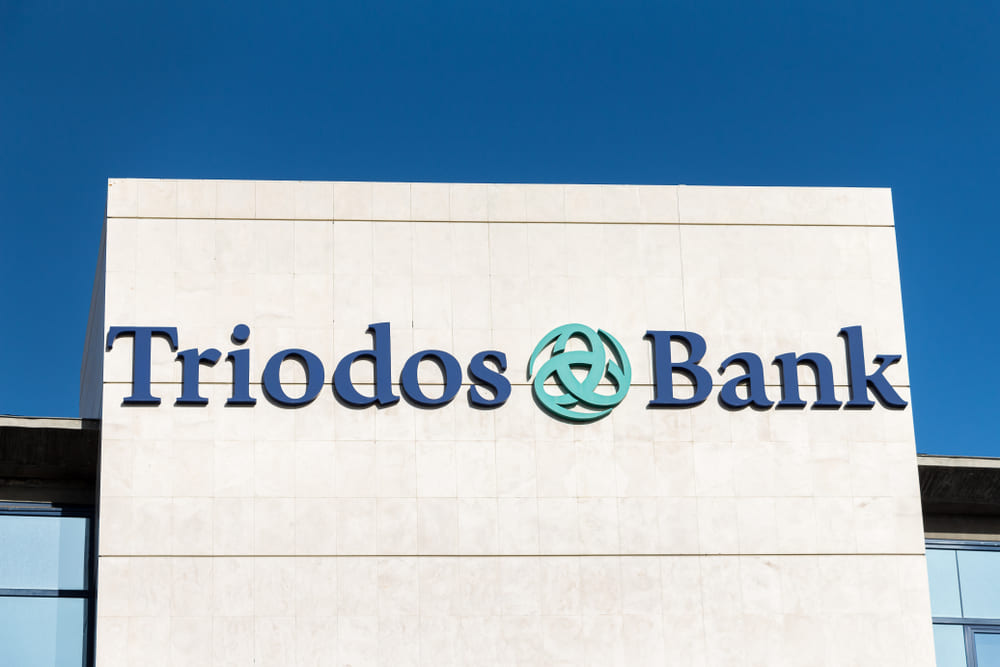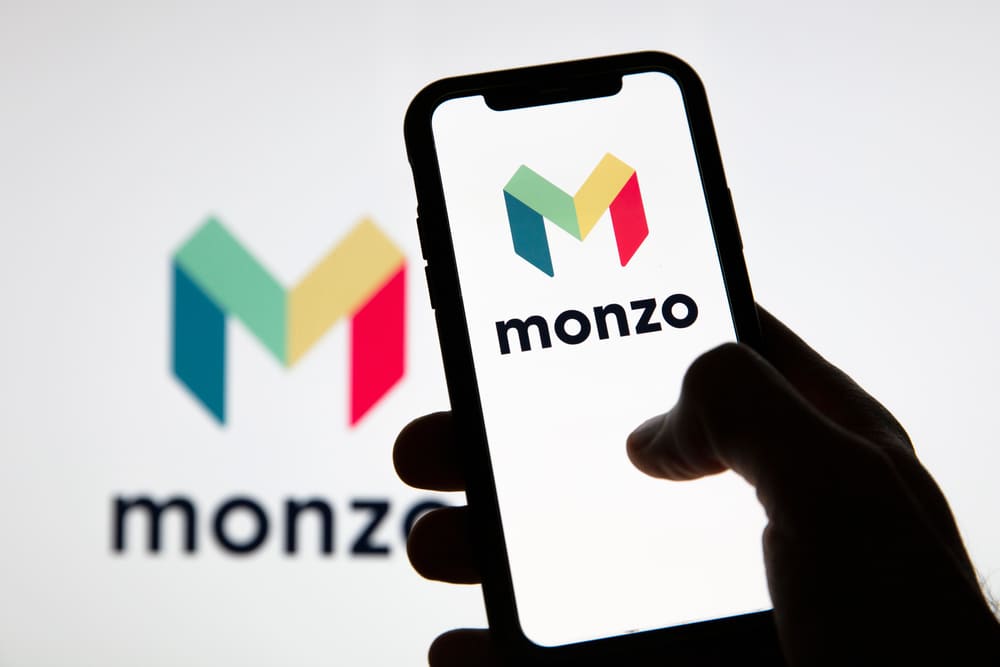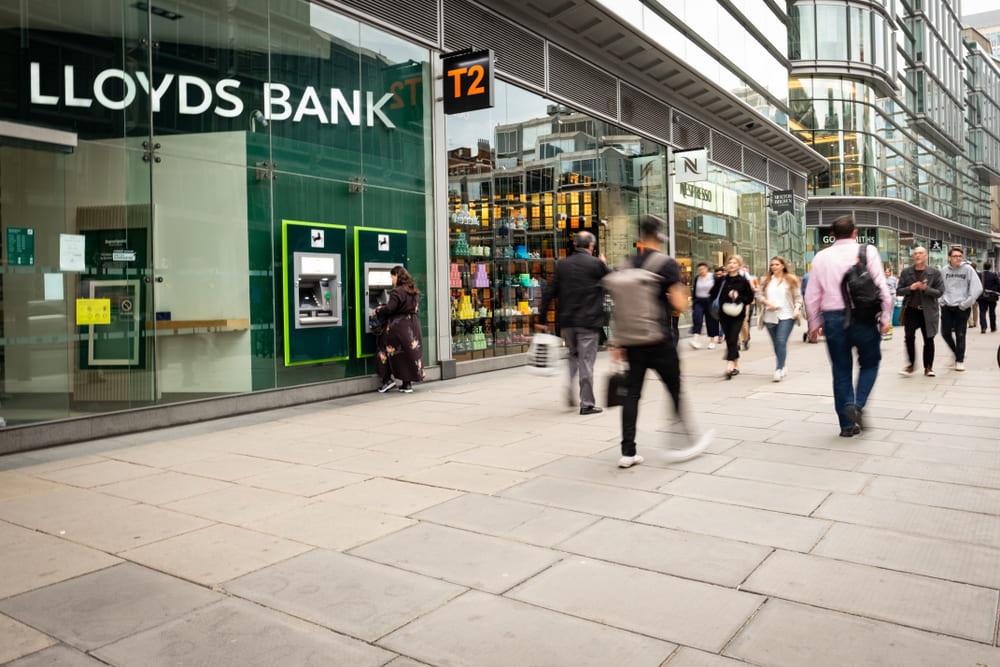Jasmine Birtles
Your money-making expert. Financial journalist, TV and radio personality.


Say the wrong thing, have the wrong opinion or share different ‘values’ to your high street bank and you could be one of the thousands of accounts they are closing every day.
The scandal of de-banking was exposed by former politician Nigel Farage after posh people’s lender Coutts – owned by NatWest – shut his account because many of his views were not compatible with theirs.
But it isn’t just political figures like Mr Farage who are being targeted. The Financial Conduct Authority found that just over 343,000 accounts were closed in the 2021-22 financial year.
What’s more, it emerged that in 2021, 5,500 NatWest customers had their accounts closed without explanation. Now a new site set up by Mr Farage, AccountClosed.org, aims to quantify the scale of the problem.
Our banks are talking a good talk about being good for the planet, society and your pocket, but, given in light of this authoritarian streak, just how ethical are they really?

Despite what Hollywood bank heist movies might make you believe, the money you keep in a bank doesn’t just sit in a vault waiting for you to go to the cash machine. Much of it is invested and loaned to businesses in the UK and abroad to make more money.
Ethical banking is when your hard earned cash is invested into good causes, the idea being it will positively contribute towards society. The cause du jour is the environment and charity, and with sustainability and social justice being in the media spotlight, financial institutions are anxious to distance themselves from what might be considered controversial investments.
Banks have had to become increasingly transparent about who they lend to and spurn problematic companies and investments that are not seen as ‘socially responsible’.
Instead, they back companies that claim to support human rights, aim to lower fossil fuel emissions, encourage sustainability, support social justice causes and donate to charity.
If a bank shows commitment to investing in causes which positively impact the environment and society as a whole, then they can be deemed ‘ethical’.
This push to be seen as ‘ethical’ is why banks make a big fuss about the fact they encouraged their customers to opt for paperless statements, lent money to volunteer groups or Fairtrade businesses, or invested in global equality organisations.
As Moira O’Neill, head of personal finance at Interactive Investor pointed out: ‘Ethical investing is hugely subjective by nature, so the first thing to do is bear in mind your own moral values.
“If you don’t like the idea of investing in companies involved in animal testing or armament production, then there are funds that strip out such organisations from their investment universe’.
Get a Good Egg Mark from good-with-money.com, and a financial institution can claim it’s on the road towards improving customers lives, the environment and society.
A certification from www.bcorporation.net is a global award and has strict criteria to measure a company’s social and environmental impact.
While thegoodshoppingguide.com produces a Banks and Building Societies: Ethical Comparison Ratings table which scores firms out of 100. Reach between 75-100 and you’re ‘ethical’, below 70, you’re not.

Triodos was crowned the Best Ethical Financial Provider and Best Investment Provider at the 2022 British Bank Awards, having built on its previous success as a customer service champion in 2020 and followed it up with Best Savings Provider in 2021. Its cards are completely biodegradable. They don’t finance fossil fuels, so-called ‘fast fashion’, tobacco, weapons and ammunition, or deforestation. Based in Bristol it has branches in London and Edinburgh.
Good Shopping Guide Score: 90
The Charity Bank is owned by charitable foundations, trusts and social purpose organisations and supports charities by offering them loans they wouldn’t be able to get any where else.
As well as working with charities to help them support their communities, it offers savings and business accounts for those who want to invest ethically.
Good Shopping Guide Score: 100
Established in 1981, Ecology Building Society was the first dedicated ‘green mortgage’ provider and is well established as a so-called ‘eco bank’. It’s priority, as its name suggests, is the environment, and it works towards a more-sustainable future which is why it only lends to people who want to make greener choices in their homes and lives. In 2021, it loaned £69.4 million to support 371 sustainable properties and projects.
Good Shopping Guide Score: 90
The Co-operative Bank offered one of the first ‘ethical’ bank accounts in the UK and its website proclaims that it’s taking action on the planet shaped by 370,000 customer responses since 1992. However, it was bought by a group of US hedge funds which don’t operate in the same way, and this has put it into the slightly greyer area of being partially ethical.
Good Shopping Guide Score: 85

Monzo is an app-based bank, and therefore considered partially ethical because they’re highly accessible, convenient and offer better currency conversion and international usage charges. Monzo isn’t invested heavily in charitable or green causes. What’s more, it was caught up in the de-banking scandal after it was revealed in July that it had not only refused an account to Conservative Chancellor Jeremy Hunt, but had also closed the account of anti-Brexit campaigner Gina Miller’s new political party, True and Fair.
Good Shopping Guide Score: 85

But what of our other, better known high street banks? Here are their Good Shopping Guide Scores:
Learn more about the de-banking scandal by reading this piece, which predates the Farage/Coutts debacle. Or find out more about ethical investing here.
According to Make My Money Matter, the carbon footprint of the average pension is 26 tonnes. Move that money into a more sustainable fund and you cut 19 tonnes from its footprint, which is 21 times more effective than the combined carbon savings of switching to a renewable electricity firm, always taking the train instead of a plane and becoming vegetarian.

Run a mile from any company or bank that has associated itself with American B Corp.